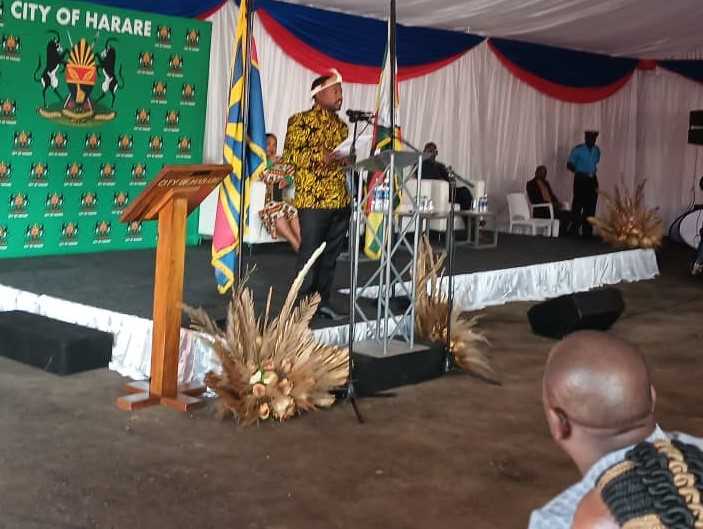
Nyashadzashe Ndoro
CHIEF REPORTER
The City of Harare is facing significant challenges in addressing its infrastructure needs, with the Mayor, Jacob Mafume, admitting that they are “operating on a firefighting mode” when it comes to road rehabilitation and maintenance due to financial constraints.
The city has a total road network of over 4 500km, but the current budget is inadequate to meet the routine and programmed road maintenance targets. Mafume said the funding the city received from the Zimbabwe National Road Administration, the Road Fund Administrator, was not enough to keep up with the demand for road repairs.
“The City has a total road network of plus 4 500km. As I reported in December, we are operating in a fire-fighting mode on road programme as the current budget for roads is not adequate to meet our routine and programmed road maintenance targets of 400km annually.
“We are working closely with the Department of Roads in the Ministry of Transport and Infrastructure Development and our Road Fund Administrator- Zinara in managing our City Road Network and infrastructure. In 2023 alone, we received a total of ZWL$13.6 billion from Zinara and all the money was utilised for the roads programme. The 2024 Road Budget of ZWL$34.3 billion (equivalent of US$3.4 million) as at January 2024 was promised by Zinara. During budget pronunciation, this amount was equivalent to US$5 million but has significantly lost its value due to inflation. Zinara on the 19th of March 2024, gave us advance payment of ZWL$8.5 billion. We have since used the money for the roads programme and we are hoping to receive additional disbursement soon,” said Mafume in his State of the City address on Wednesday.
The City is, however, working with the central government to rehabilitate and maintain major roads and building new road networks in preparation for the August Southern African Development Community Summit. A total of 187km of selected city roads will be rehabilitated, including major roads and roads infrastructure leading to and from the CBD and selected routes that will be used by delegates.
Related Stories
In addition to road challenges, the city is also facing significant housing shortages, with a waiting list of over 285 000 people. The city has set a target of allocating at least 7 000 serviced residential stands and adding over 30 000 housing units to its housing stock.
Solid waste management is also a major challenge, with the city highlighted that it is struggling to collect waste efficiently due to a shortage of plant and equipment. The city has implemented Operation Chenesa Harare, which cleared 417 illegal dumps across the city.
The achievement was not sustained due to a lack of adequate plant and equipment.
Mafume said the city has also acquired 52 tractors through a government-initiated arrangement with Belarus, and is now focusing on procuring trailers for the tractors to improve waste collection efficiency and coverage.
In terms of health services, the city runs 42 health facilities operating at different levels, including polyclinics, primary care clinics, and infectious diseases hospitals.
Financially, the City is struggling to collect revenue, with a collection efficiency of less than 50% of its potential. The city is owed over ZIG940 million by residents, industry, and commerce, and is deploying measures to enforce payment.
“We are appealing to all our debtors to honour their obligations so that we continue to pay for our water chemicals, procure plant and equipment and pay all our creditors and service providers timeously,” said Mafume.














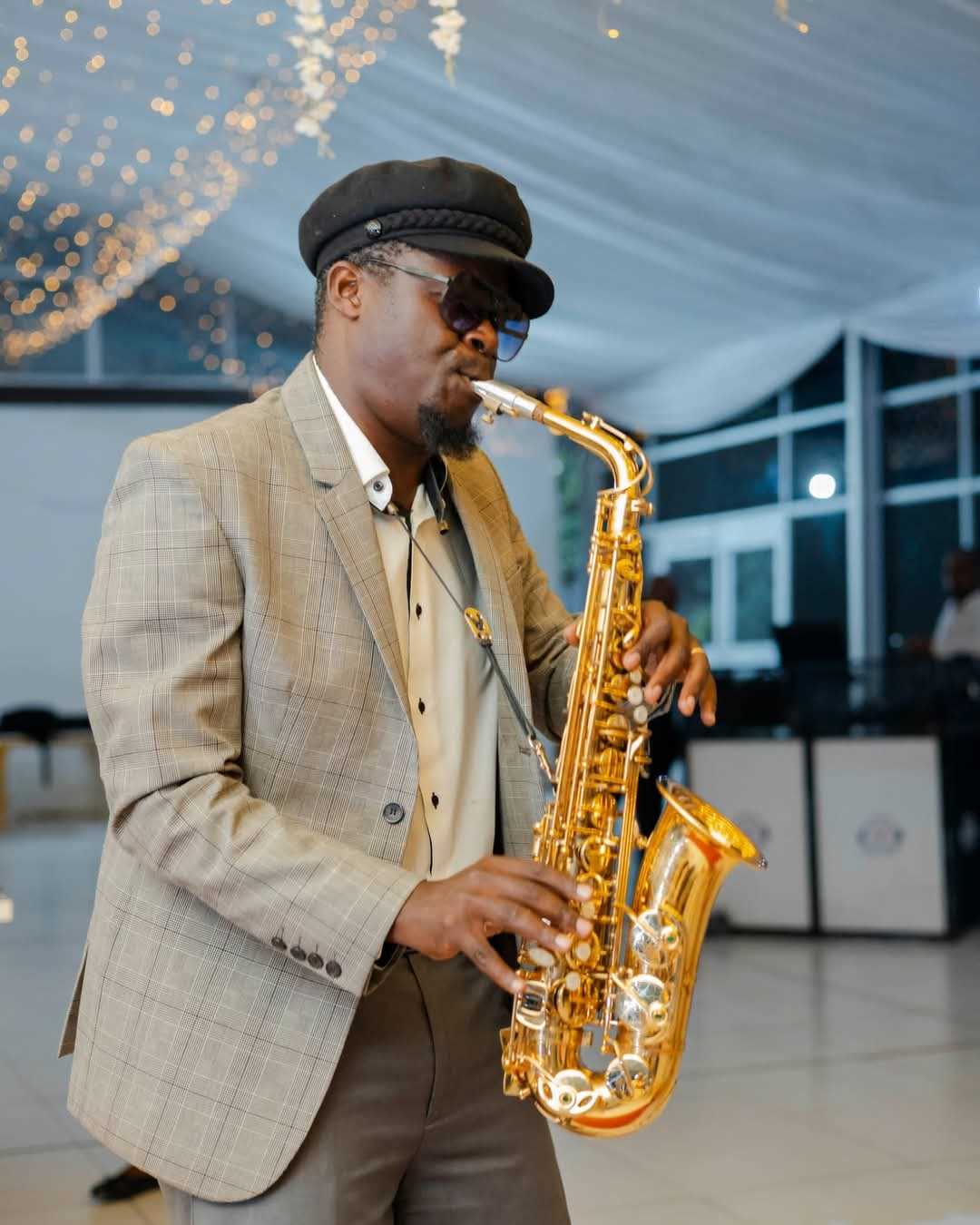
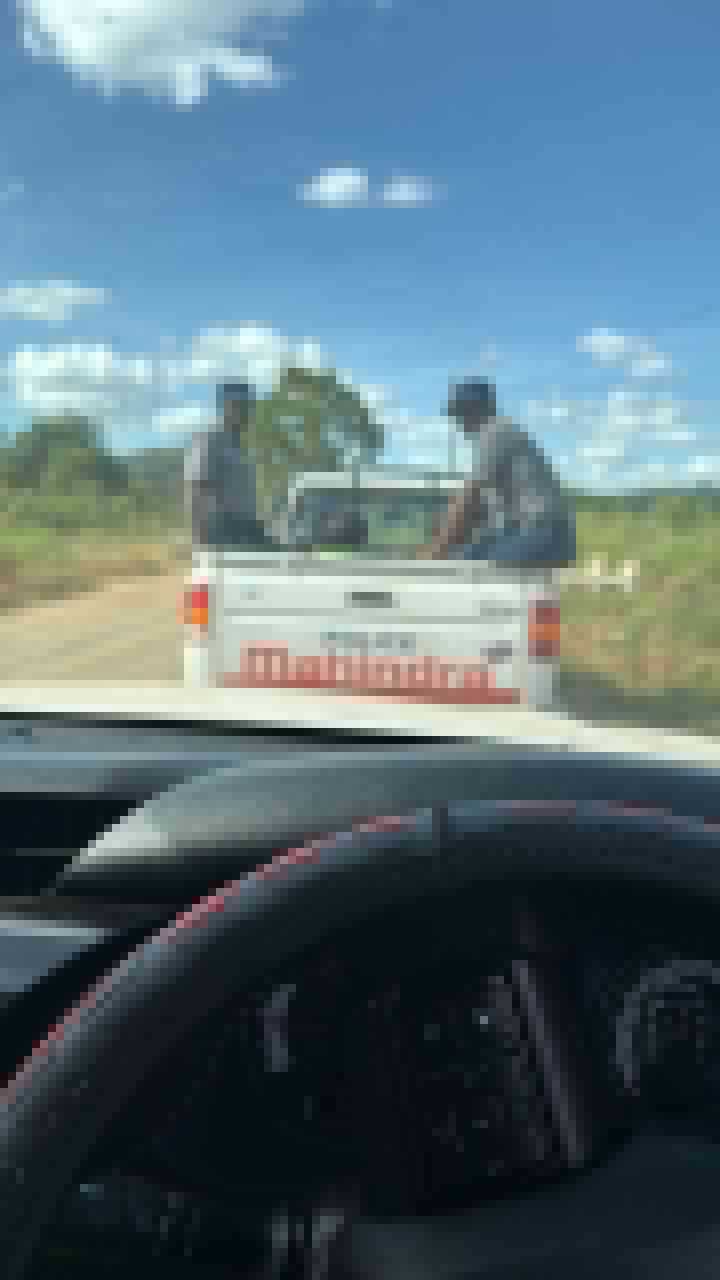
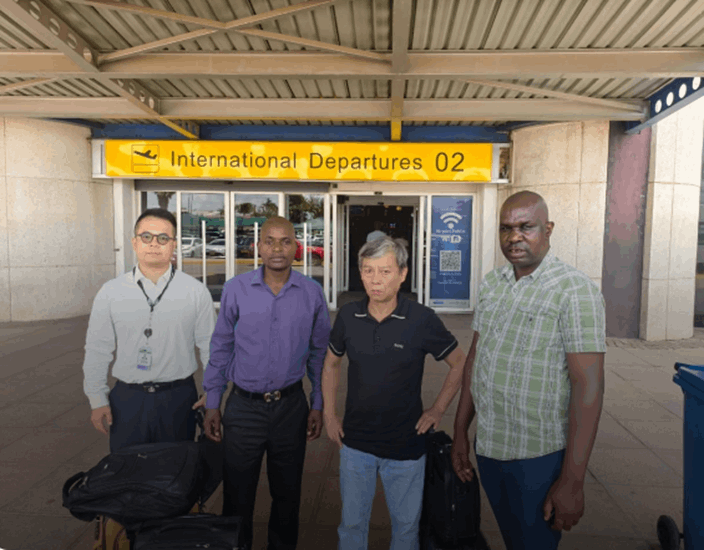
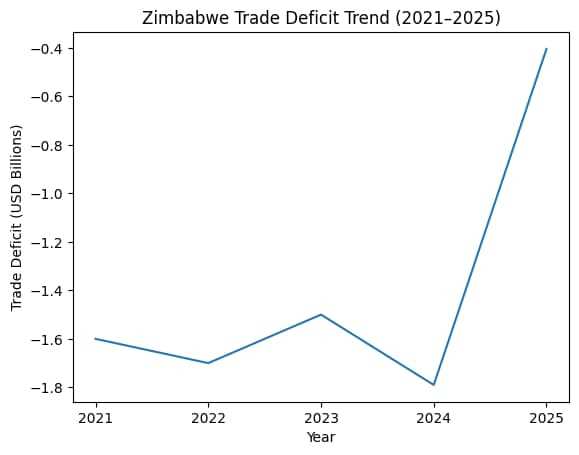


Leave Comments